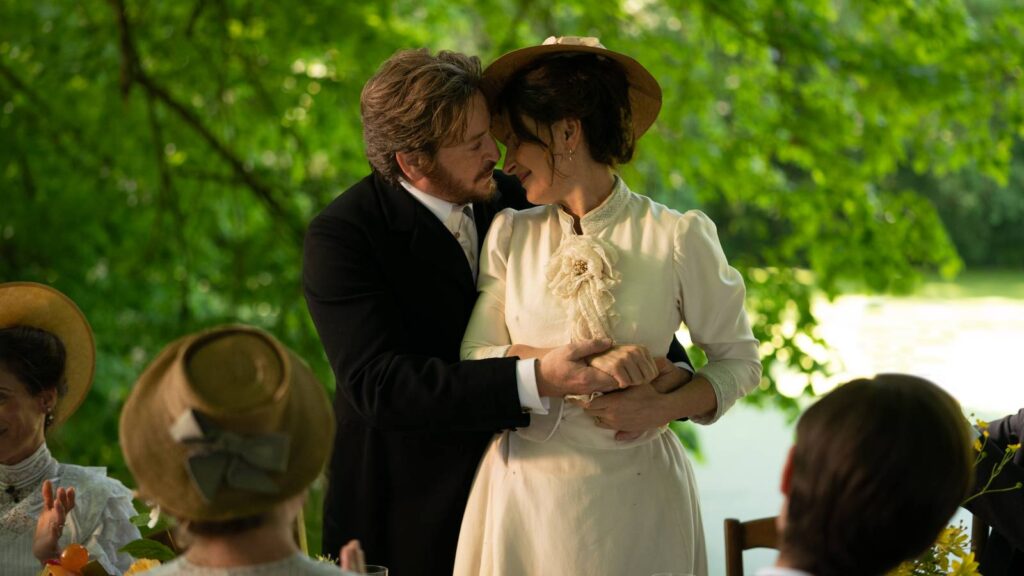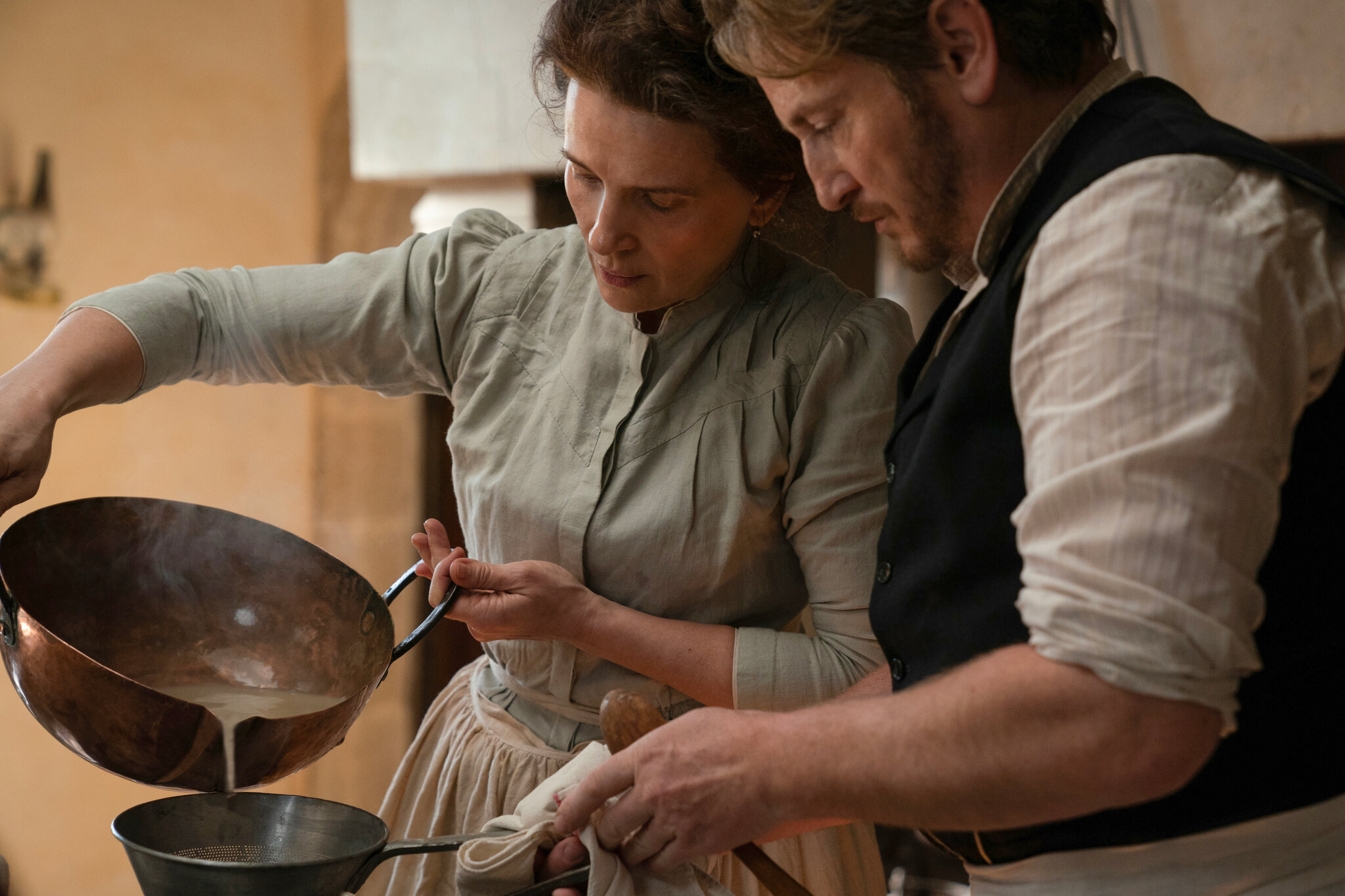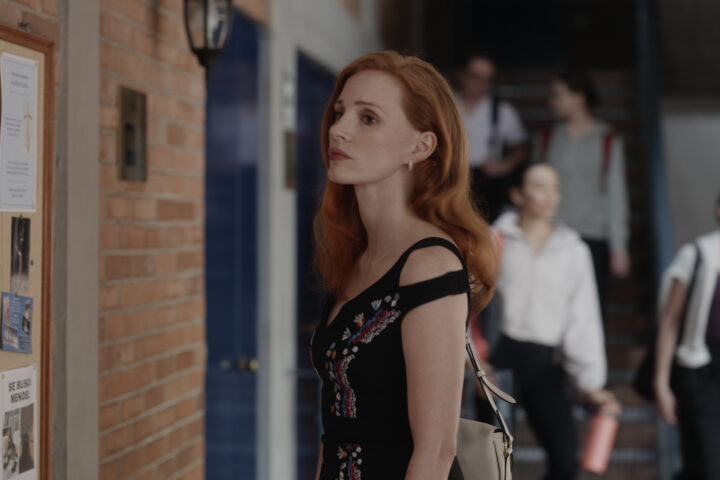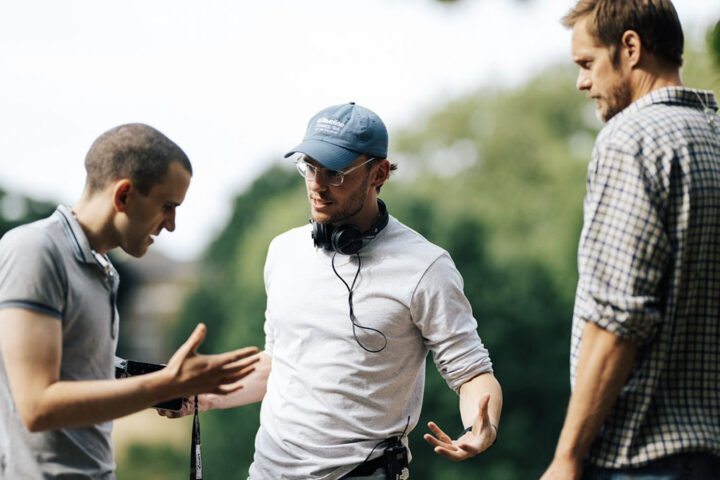My first priority after seeing France’s handsome The Taste of Things, a cuisine as art and love saga featuring the double act of a regal Benoit Magimel and Juliette Binoche, was a direct dash brunch at Chicago’s finest French restaurant. In a recipe combining ingredients of French history, food and cinema, French-Vietnamese director Tran Anh Hung (The Scent of Green Papaya, Cyclo) has crafted a sumptuously mouth-watering movie experience in his adaptation (he also wrote the screenplay) of Marcel Rouff’s 1924 novel The Life and Passion of Dodin-Bouffant, Gourmet. It is also a tribute its pair of legendary French stars—Oscar-winning Binoche, the most naturalistic of all actresses, and the ever busy, multi-Cesar-winning Magimel (also in two other 2023 films, Pacifiction and Revoir Paris)—whose famed real-life union more than two decades ago gives the movie an irresistible verisimilitude.
As memorable movie openings go, The Taste of Things, about a celebrated late 19th-century French gourmet named Dodin Bouffant (Magimel) and his faithful, twenty-year cook Eugenie (Binoche), has a doozy. In a 38-minute culinary set piece richly detailing the creation of an elaborate, multi-course meal, the camera never leaves the kitchen as Eugenie, Bouffant and their young proteges Violette (Galatéa Bellugi) and Pauline (Bonnie Chagneau-Ravoire) prepare, from scratch to table, a feast including fish, veal, vegetables and, of all things, glorious Baked Alaska. Tran lingers lovingly over each dish at every stage, and over his stars’ interactions; clearly there is love in both their oven and hearts, their lockstep communication and choreographed collaboration transcendently simpatico.
Bouffant, an epicurean chateau owner who entertains the food world’s most discerning chefs and gastronomes, dips into the kitchen for both cooking and taste testing, but longtime employ Eugenie is the head chef. We can see, feel and taste their connection, yet while Bouffant occasionally slips into her bedchamber late at night, she remains an independent-minded woman who rebuffs Bouffant’s countless offers of marriage. Eugenie’s meals are always prepared for an esteemed collection of men, primarily food cultists and chefs who debate flavor and culture in the dining room while requesting Eugenie join, an offer she always refuses, preferring instead for her creations to communicate with their appetites.

The original title of the picture coming out of Cannes (where it won the directing prize last year) was The Pot-Au-Fou, which is a slow-cooked beef shank and vegetables stew of sorts served in multiple courses, and it figures into the film’s second half, which moves toward something grandly romantic and poignant in its contemplation of mortality, the dish meticulously prepared with the most special ingredient—decades of romantic longing. Both Magimel and Binoche are resplendent, in the way only the best movie stars can be, at suggesting a longtime creative collaboration (both in the kitchen of the film and their past private life) that has driven gourmet and cook to heights of art and admiration. In this sense, the film is not necessarily about food, but about the synergy of artisans crafting masterworks together by hand.
Here is an adult love story not about “will they or won’t they” but about wistful maturity in which food, and the herculean effort for perfection, stands in for spoken protestations of endearment, and later for the impermanency of all pleasures, from those of the palette to the heart. The film is as much about the taste of things as the temporary nature of all things, informing the film’s moving final act. Throughout, Tran crafts a layered confection blending the bitter with the sweet (or the savory with the sour) to reflect the very quintessence of life (and love), while cinematographer Jonathan Ricquebourg transforms the meticulous culinary delights and country pastoral milieus into gallery-worthy tableaus.
Binoche, the screen personification of earthy grace, is quietly affecting, from her early scenes uprooting garden vegetables to later, intimate conversations as gourmet and cook come to terms with the enduring nature of their connection. But adventurous French movie star Magimel is the picture’s soulful heart in his expressions of tenderness for Binoche, clearly leaning on history and a long-time, out of touch real-life relationship, as well as his mentorship of young Chagneau-Ravoire—whose Pauline displays what he recognizes as early gifts of only the best chefs.
In a modern movie world that can often feel bereft of such elegant pleasures, The Taste of Things serves as a sumptuous reminder of beauty, both in human connection and the transformative power of food. It is a film to be savored, much like the dishes it so lovingly gazes upon. In many ways, it is the prototypical art film so popular circa 1990s (during which Binoche became an international star in pictures like Blue and Chocolat), the sort that then powerful Miramax would shepherd to an Oscar and significant box office.
Tran’s picture sits comfortably with such bygone culinary cinematic outings as Babette’s Feast and Like Water for Chocolate, but it would be reductive to categorize its achievements (or theirs) as mere food porn. The Taste of Things piques the appetite while unabashedly stirring the emotions.
3 1/2 stars



